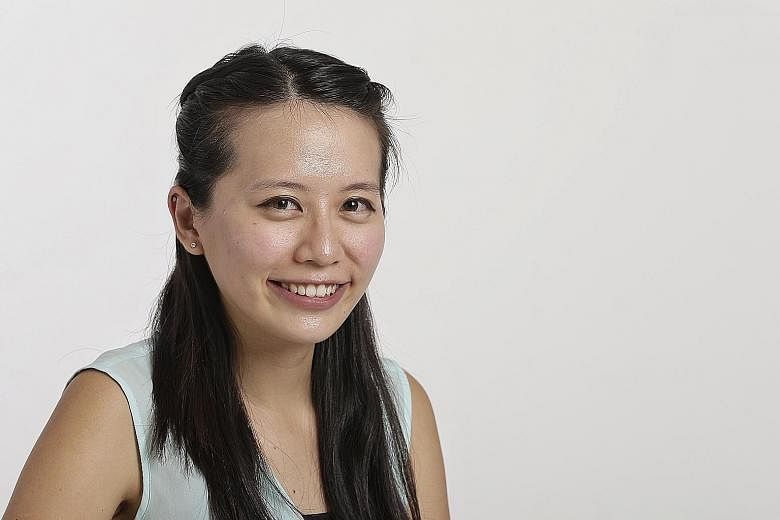A new scheme modelled after the renowned German and Swiss system of apprenticeship has taken off with positive response from students, with an average of about three applicants vying for each of the 65 or so places available this year.
Under the SkillsFuture Work-Study Degree Programmes, undergraduates can work and study for their degrees concurrently, alternating between work stints and university classes every one or two terms, or for a few days every week. On top of being paid for their stints, they may also get an allowance and have tuition fees partially or fully sponsored. The vacancies are mostly in manpower-strapped industries such as technology and engineering.
Unlike other internships, the work-study programmes are unique in that students spend an extensive amount of time with sponsoring firms, which partner either of the two universities hosting the programmes: the Singapore University of Social Sciences and the Singapore Institute of Technology.
An infocomm technology student sponsored by Singtel, for example, may spend up to 20 months over the course of his degree programme in differing roles that expose him to functions of various departments.
These programmes are also often geared towards talent development, with some employers providing mentorship and opportunities to hone soft skills like public speaking. This can help address a common gripe among employers that fresh graduates do not understand the needs of the industry and lack an ability to solve real-world, interdisciplinary issues.
But what is truly needed for this scheme to take off is greater buy-in from employers. When the scheme first started in January, private firms made up just over half of the scheme's 12 partners, perhaps due to the fact that significant resources have to be invested in grooming talent. Five more private players have joined the scheme since, an encouraging sign.
Hopefully, when more tangible outcomes are seen a few years down the road, more employers will be convinced of the scheme's value. More thought can also be given to how students with general degrees like the arts and humanities can also be included.


